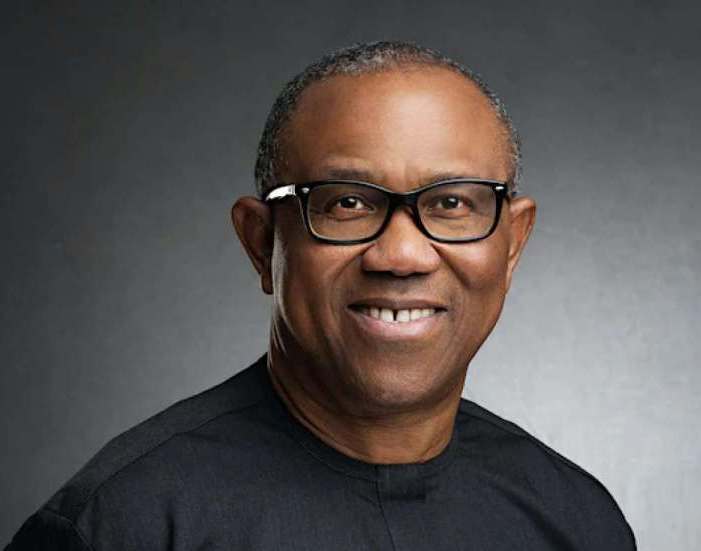Peter Obi in a recent Twitter post, expressed his dismay over the deplorable state of infrastructure at the Nnamdi Azikiwe Airport in Abuja. The focal point of his critique was the harrowing sight of a physically challenged traveler in a wheelchair being carried up stairs by four men due to the non-functional elevator and escalator. The incident occurred on the same day that President Tinubu flew out on a private visit, raising questions about the use of public funds for such trips.
The State of Nnamdi Azikiwe Airport
Peter Obi highlighted the dire condition of the Nnamdi Azikiwe Airport’s domestic wing, where both the escalator and elevator have reportedly been dysfunctional for the past three months. This revelation is particularly troubling given that the airport serves as a gateway to the nation’s capital and is frequented by dignitaries and foreign investors.
Aisha Yesufu Reveals What Peter Obi Does After Every Public Outing
President’s Private Visit Critique
Peter Obi questioned the nature of President Tinubu’s “private” visit and called for transparency in the President’s movements, emphasizing that a sitting President is a public national asset. He suggested that if the President’s visit is personal, it should be funded privately, especially in light of the urgent need for cost-cutting measures across the nation.
Peter Obi Call’s for Cost-Cutting Measures
Peter Obi emphasized the necessity of drastic cuts in the cost of governance, pointing out that the country needs savings for addressing crucial issues like the maintenance of public assets. Obi acknowledged President Tinubu’s recent effort to cut travel costs by 60%, but he deemed it insufficient considering the magnitude of problems facing the nation.
Peter Obi’s Twitter post sheds light on the stark reality of neglected infrastructure in one of the country’s key airports and questions the allocation of public funds for private presidential visits. The incident serves as a poignant reminder of the pressing need for comprehensive cost-cutting measures and responsible use of public resources to address critical issues affecting the majority of the population. It prompts a broader conversation about accountability, transparency, and prioritizing the welfare of the citizens in the quest for a “New Nigeria.”
Anaedoonline

